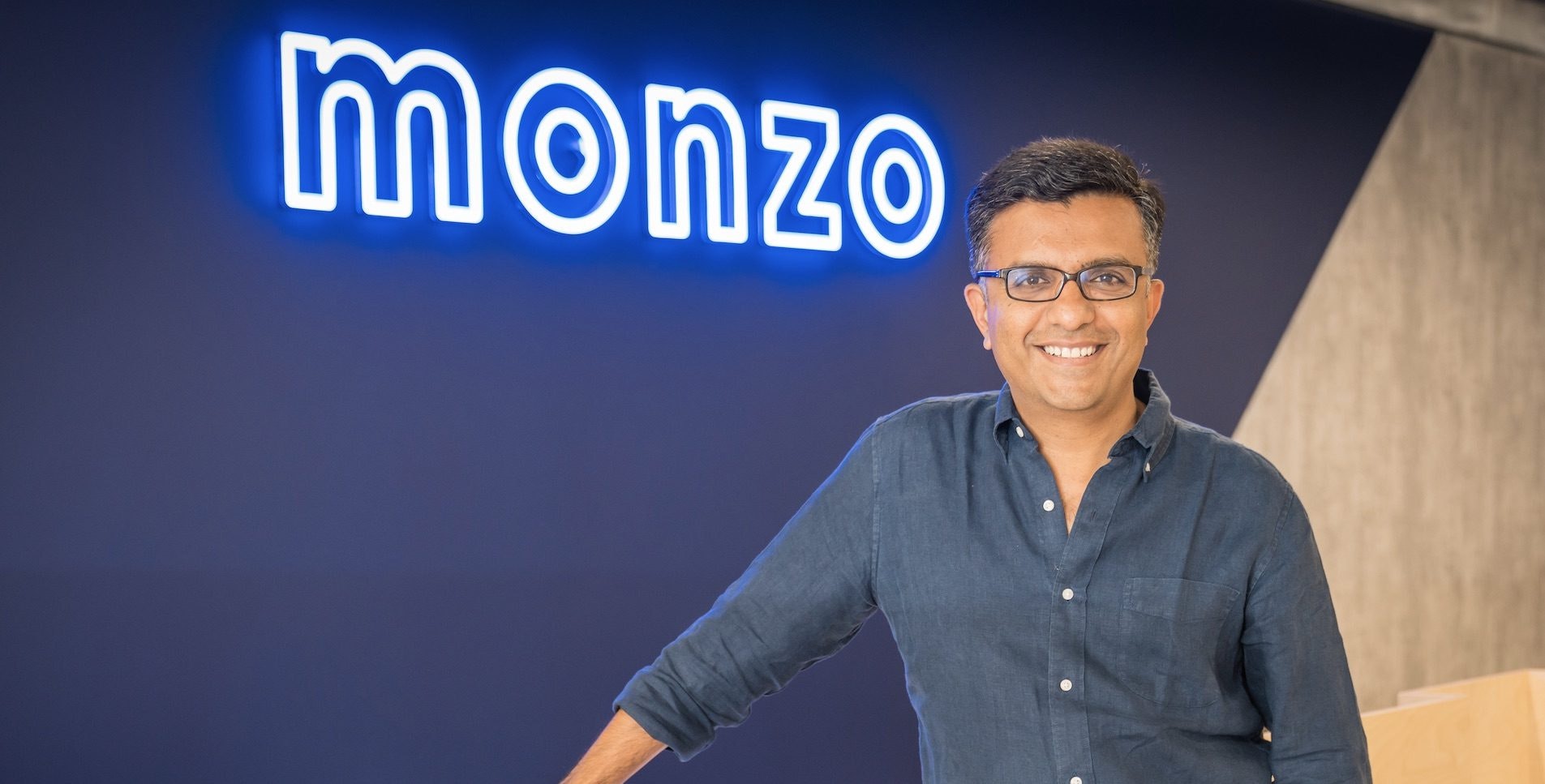Consumer fintechs have been struggling to maintain VC attention recently, with 2022’s deal count the lowest since 2015. So far this year, things aren’t looking much better.
In Q1, European fintech saw funding fall more than any other sector.
New data from PitchBook has highlighted just how much the direct-to-consumer (D2C) fintech sector has been affected by the funding slump — and revealed the surprise survivors and thrivers to buck the trend.
The amount raised by D2C fintechs has declined year-on-year since 2021
In the first half of this year, D2C fintechs raised €1.7m; just 22% of what they managed in 2022.
But Khalil Hefaf, investor at VC firm Target Global, says “consumer fintech has always proven difficult”.
Customer acquisition costs are — and always have been — high, and user engagement is unreliable. For the companies that do succeed, however, the prize is worth winning. “If they make it, then they tend to make it big," says Hefaf.
Consumer payments startups have seen funding more than half
This year has not been kind to consumer payments startups so far — funding plummeted from €427m in 2022 to just €44m in the first half of 2023.
Hefaf says that “payments is notoriously tricky to monetise and you need large volumes” of both payments and customers to make it work, adding that it can be easier to get the number of customers needed as a business-facing (B2B) payments startup — an area investors seem keener on right now.
It’s also easier for B2B fintechs to offer SaaS components for businesses, like analytics or payments reconciliation, which can improve their day-to-day payments stack. For consumer-facing payments startups, meanwhile, a natural expansion is into financing options — which “have their own problems” given the high risk of lending.
Credit and banking startups on track to raise the least amount of funding since 2016
Credit and banking startups are really unpopular at the moment; they’ve raised just 7% of 2022’s total in the first half of 2023 — despite credit card startup Yonder raising the biggest consumer fintech round in Q2 with its €70.9m Series A.
Nalin Patel, lead EMEA private capital analyst at PitchBook, highlights that “after a decade of record low interest rates and favourable financial markets, challenger banks have grown strongly. They may now be experiencing the impacts of rising inflation, higher interest rates, and lower growth prospects,” alongside a saturated market full of competitors. High interest rates impact a startup's costs and revenues, making them a less viable bet for investors.
Hefaf suggests another driver behind the credit and banking startup slump. “The main purpose [of a bank] is to issue loans, and a lot of investors have seen that a lot of B2C neobanks have a tough time [doing that]," he says — which is a deterrent for backing them given that “that’s where you make your money as a bank.”
Not everyone is struggling: the alternative lending sector continues to attract VCs
With credit startups falling out of favour, investors are looking for a different option for people to access financing; the alternative lending sector looks on track to surpass its 2022’s funding figures by the end of the year. Loan provider Abound led the charge in H1 with its £250m round.
The attraction of alternative lending options that offer loans outside of traditional banking institutions is that it “puts together a credit profile of a person/business using much more varied data inputs” than traditional offerings, making the financing process easier and cheaper, says Hefaf. Having a more accurate profile of the person you’re lending to can decrease the risk, and therefore decrease the interest rate of a loan.
“As a concept it will remain interesting,” Hefaf reckons, adding that a big draw is that it “helps to contribute to financial inclusion for people who aren’t under traditional credit scoring metrics” and might struggle to access loans from traditional lenders.


